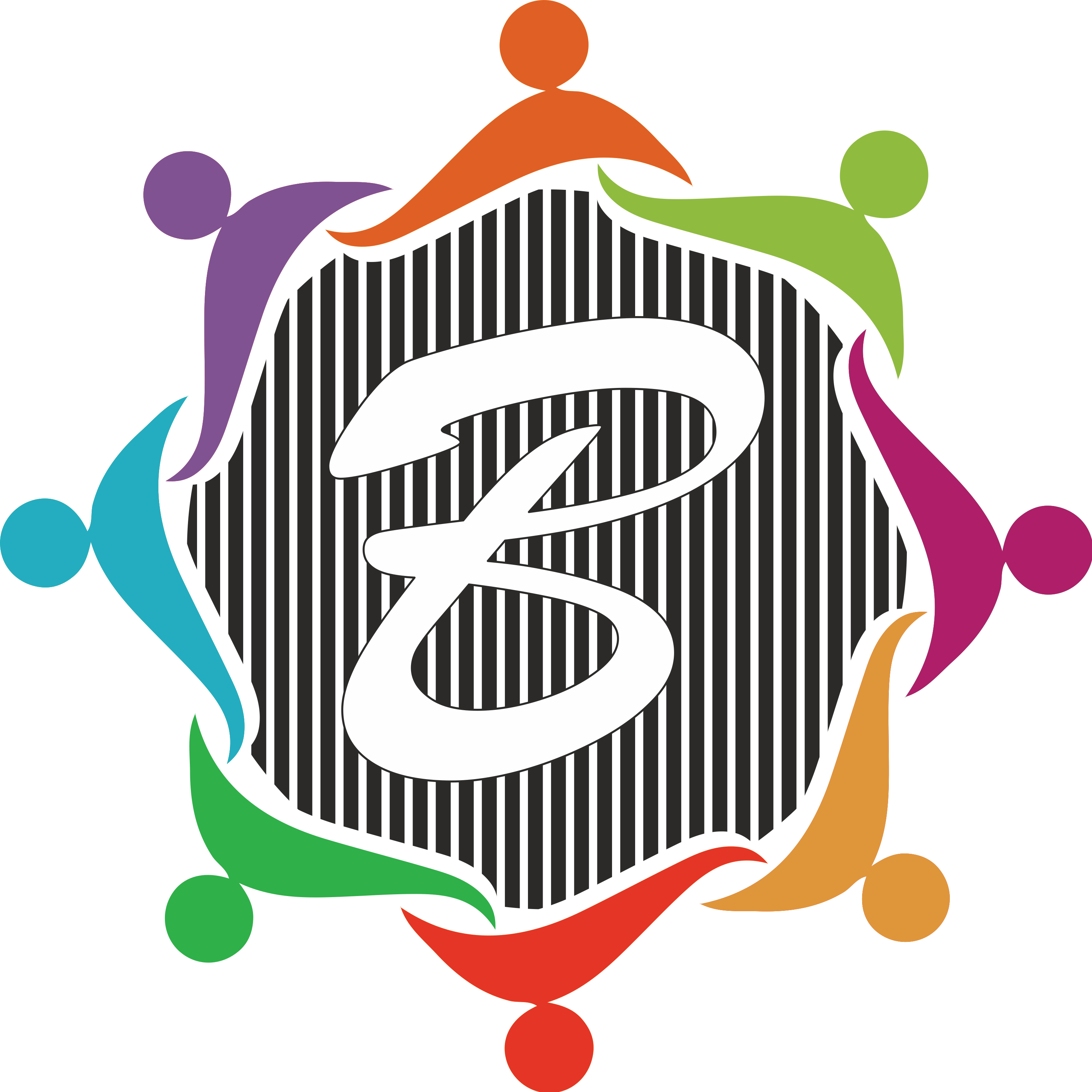In today’s digital age, freelance graphic design is one of the most in-demand skills, offering the perfect balance between creativity and flexibility. If you're just starting out, the freelance world can feel overwhelming—but don’t worry. This beginner's guide will help you step confidently into the field with practical tips and must-know strategies.
1. Master the Fundamentals
Before taking on freelance clients, ensure you have a solid understanding of:
- Design Principles: Color theory, typography, layout, and visual hierarchy.
- Design Software: Adobe Creative Cloud (Photoshop, Illustrator, InDesign), Canva, Figma, etc.
- File Formats: Know the difference between vector and raster images, when to use PNG vs JPG, etc.
👉 Pro Tip: Invest in short online courses or free YouTube tutorials to strengthen your design foundation.
2. Build an Impressive Portfolio
Your portfolio is your digital resume. Even if you don’t have real clients yet, you can:
- Create mock projects (logos, social media posts, flyers, etc.)
- Redesign existing brands
- Include school or personal projects
Use platforms like Behance, Dribbble, or a personal website to showcase your work professionally.
3. Set Your Pricing Strategically
Avoid the rookie mistake of underpricing. Instead:
- Research market rates on platforms like Fiverr, Upwork, or Freelancer.
- Decide between hourly or project-based pricing.
- Factor in revision time and communication.
📝 Tip: Start lower but gradually increase rates as your experience and client base grow.
4. Choose the Right Freelance Platforms
While you build your brand, leverage freelance websites such as:
- Upwork – For long-term projects and serious clients
- Fiverr – Quick gigs and portfolio growth
- Toptal – High-paying premium clients (once you're experienced)
Don’t rely solely on platforms—use social media, LinkedIn, and networking to find direct clients.
5. Learn to Market Yourself
In freelancing, your design skills and marketing skills go hand in hand.
- Share your work consistently on Instagram, Pinterest, and LinkedIn.
- Write content or blogs about your process.
- Collect client testimonials to build trust.
✨ Branding yourself as a creative problem-solver makes you more appealing than just being a software expert.
6. Communicate Like a Pro
Clients value clear communication more than you think. Always:
- Respond quickly and politely.
- Clarify project details before starting.
- Use tools like Trello, Slack, or Google Docs for collaboration.
📩 A smooth experience often matters more than flashy designs.
7. Keep Learning and Evolving
Trends, tools, and tastes change. Stay sharp by:
- Following top designers
- Subscribing to design newsletters (e.g., Smashing Magazine, CreativeBloq)
- Practicing daily challenges (like #DailyLogoChallenge)
Conclusion
Freelance graphic design is a rewarding career if you enter with the right mindset, skill set, and strategy. By learning continuously, marketing yourself, and delivering value, you can grow from a beginner into a sought-after design professional. Remember: every great designer started where you are.


